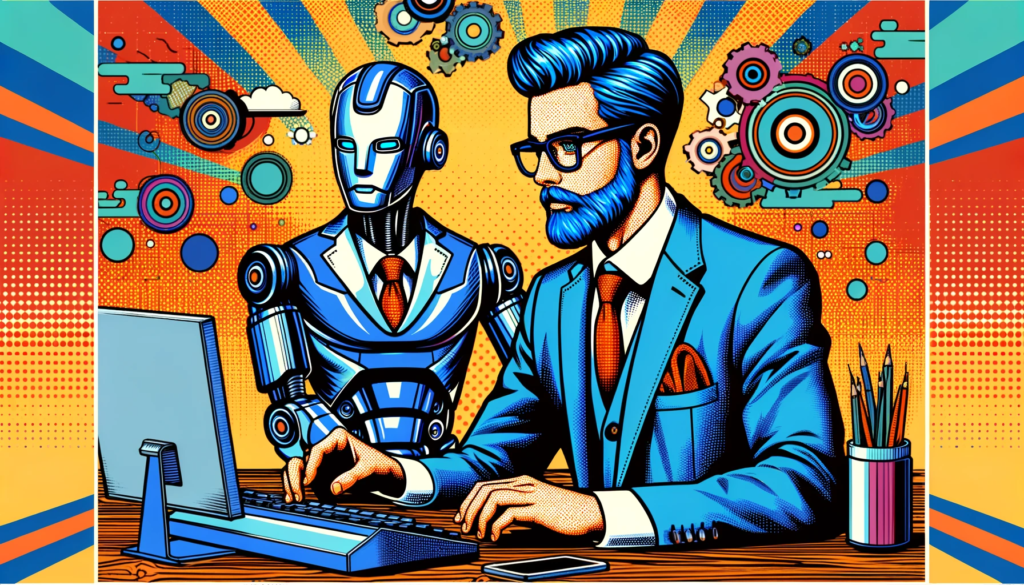Blockchain technology, the driving force behind the decentralised revolution, is no longer confined to the realms of finance and business. More and more, it’s being harnessed for social impact, offering innovative solutions to pressing global issues.
From increasing transparency in supply chains to empowering unbanked communities, blockchain has the potential to bring about significant positive change. This guide explores how blockchain and web3 leaders can leverage this technology to create a more equitable and sustainable world.
Understanding the Potential of Blockchain for Social Good
Blockchain’s inherent features – transparency, security, and decentralisation – make it a powerful tool for social impact:
- Transparency: By providing a transparent and tamper-proof record of transactions, blockchain can enhance accountability and trust in various sectors, from charity to supply chain management.
- Security: The robust security features of blockchain technology can protect sensitive data, making it ideal for applications such as identity verification and personal data management.
- Decentralisation: By eliminating the need for intermediaries, blockchain can empower individuals and communities, fostering inclusivity and equal opportunity.
Harnessing Blockchain for Positive Change: Key Areas of Impact
1. Financial Inclusion
Over 1.7 billion adults worldwide lack access to formal financial services. Blockchain can address this issue by:
- Providing secure and affordable digital wallets, enabling individuals to store, send, and receive money without needing a traditional bank account.
- Enabling access to decentralised financial services (DeFi), such as loans, savings, and insurance.
2. Transparent Supply Chains
Opaque supply chains can hide unethical practices, including unfair wages and environmental harm. Blockchain can improve transparency by:
- Providing a secure and immutable record of every step in the supply chain, from raw materials to finished products.
- Enabling consumers to verify the origins and journey of their purchases, promoting ethical consumerism.
3. Digital Identity
Digital identity is a critical issue in our increasingly online world. Blockchain can enhance security and control over personal data by:
- Allowing individuals to create self-sovereign identities, giving them control over their personal data.
- Providing secure, tamper-proof systems for verifying identities, which can be particularly beneficial for refugees and displaced individuals.
4. Philanthropy and Aid
Blockchain can transform the charity sector by increasing transparency and efficiency. For example, it can:
- Enable donors to track their donations, ensuring funds are used as intended.
- Streamline aid distribution, reducing corruption and delays.
Driving Social Impact with Blockchain: A Call to Action
Harnessing blockchain for social impact is no small task, but the potential rewards are immense. We all have a role to play in driving this transformation:
- Blockchain developers and companies can innovate solutions for social challenges.
- Governments and regulators can create a supportive environment for blockchain-based social impact projects.
- Educators and influencers can raise awareness about the potential of blockchain for good.
- Individuals can support blockchain projects that align with their values and contribute to a more equitable world.
Embracing the Future: Blockchain for a Better World
Blockchain technology holds immense potential for addressing some of the world’s most pressing issues. As we explore new ways to leverage this technology for good, we can foster a more transparent, equitable, and sustainable global society.
By harnessing the power of blockchain, we have the opportunity to create a profound and lasting social impact, shaping a better future for all.

